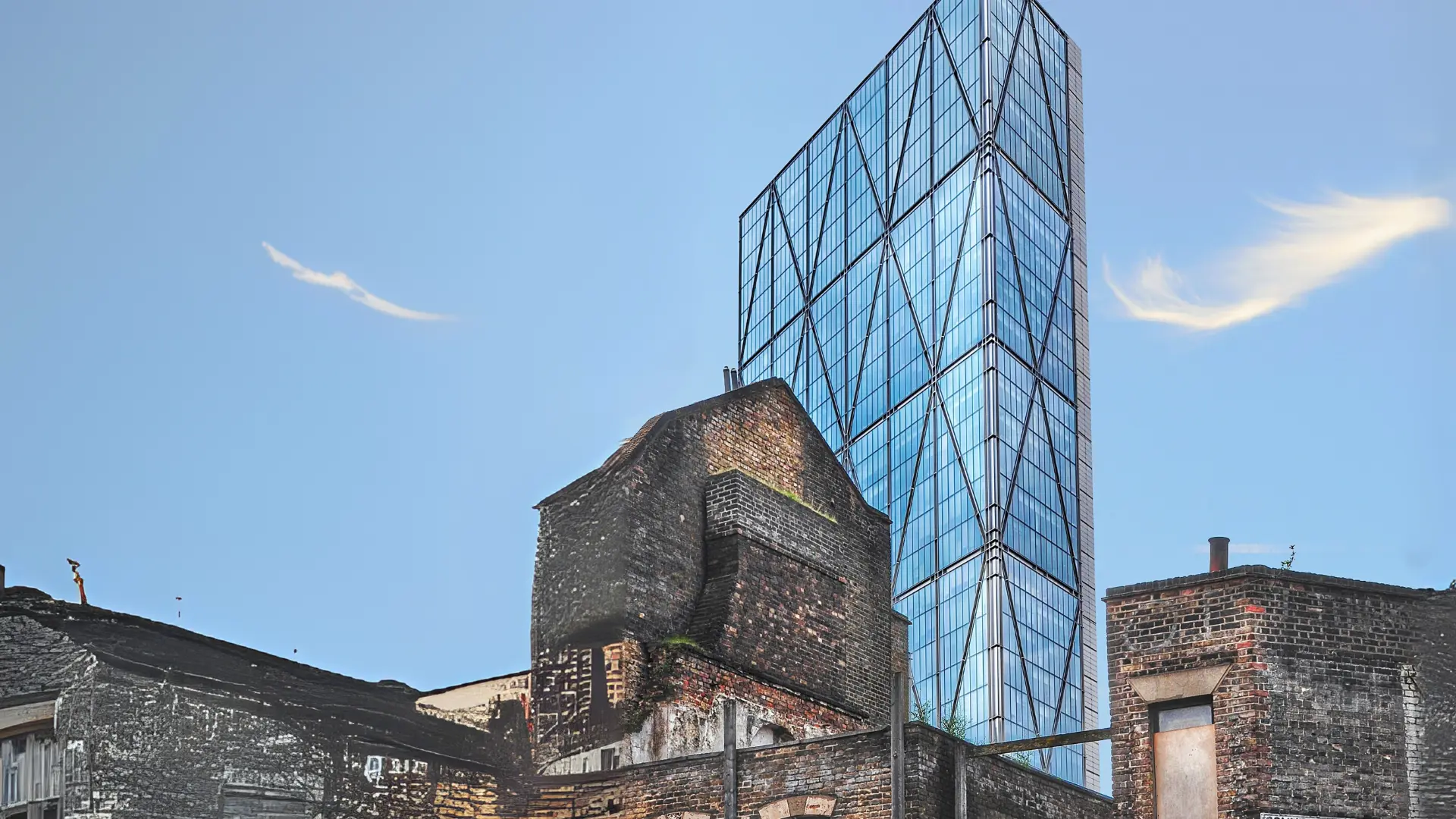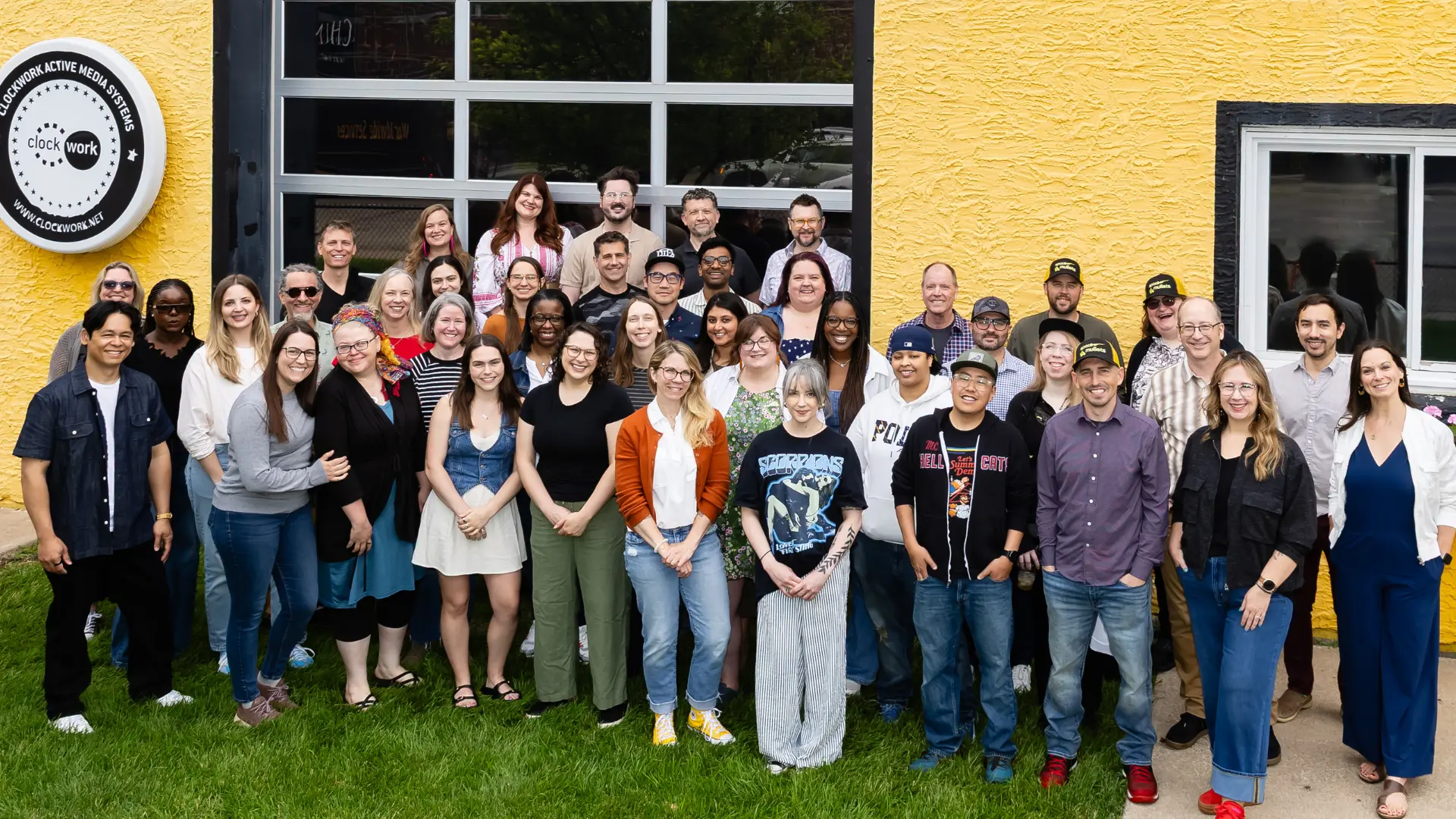When I came out in the late 80s I felt like there was no place for me. It was considered a really rebellious thing to do. More than not, the people in my life reacted well (except for my parents, but they eventually came around). But culturally speaking, coming out was like saying there was something wrong with you, that you were flawed or wrong or different. One definition of shame is this: an emotion in which the self is perceived as defective, unacceptable, or fundamentally damaged. By this, and almost all other definitions, I was feeling shame. I wanted to feel okay about being open about myself because I knew it was my truth, but I still felt like I was “less than.”
I’ve come to realize that knowing my own truth wasn’t enough to make me feel whole — validation, recognition and acceptance from my community were needed, too. This feeling was so pervasive that I spent a lot of time then, and for many years after, making sure that the people around me felt comfortable with me, with the things that made me ‘different’ and the fact that I didn’t fit into what everyone else perceived as normal. By doing this — I realize now — I indirectly spent years apologizing for myself and who I truly was.
I didn’t even realize I was doing this until talk about marriage started happening in Minnesota a few years ago. Now keep in mind I’ve been with my partner since 1994. So, you know, not a short time. And through the years we built a life that we love and were perfectly happy with. That’s all we knew; there weren’t other options. And if you’re like us, you embrace what you have. We knew that we were no less committed, no less married, and no less partnered than any other legally married couple.
Then we started to think about having a family. When you start down that path as a same-sex couple, you’re confronted with stark discrimination. There’s a certain amount of sadness and difficulty in it that just isn’t there for heterosexual couples. This happened even though co-parent adoption has been legal in Minnesota for a while — in this way the state was leading the charge (and in other ways not at all). My partner and I had to approach our adoption as if I was adopting the child and she was my roommate. My child’s first mother — as we call his birth mother — chose us knowing full well what our relationship was, and there was a great deal of satisfaction knowing our family was formed with honesty and the best of intentions.
Then came the June 2011 House-voted decision to allow Minnesota voters to decide in the 2012 election whether to adopt a constitutional amendment banning marriage equality.
TO CHANGE MINDS, YOU HAVE TO CHANGE HEARTS
In 2011 when the amendment was introduced, I was stunned to think that given all the problems in the world and all the issues we were facing with the economy, foreign relations, and jobless rate, that people could dedicate their time working to write discrimination into our state constitution. I was amazed that so many people would put so much energy into diminishing my family and the thousands of others like us. It was demoralizing. But at the same time, it was heartening to see the swift and immediate counter-effort by many groups, especially MN United for all Families. And that positive energy made me want to be even more vocal in the fight for equality.
It was clear to me, at that moment, that in addition to the work I was doing with the Family Equality Council, I had to step up and step out and be a part of this positive, inclusive movement. Neither I nor my family had ever been “in” because my partner and I promised one another ages ago that we’d never make apologies for our family, but now, just being ‘out’ wasn’t enough.
What struck me as most important, and what we were definitely hearing from the MN United campaign, was the need to simply talk to people about my life. To show them what families like mine looked like, what we cared about, and who we were as people — which is a lot more than being LGBT. As humans, when we see, hear, and interact with people that are unlike us, we start to notice the similarities. When we don’t, we fill in gaps of what “they” must be like and make up what their truths are. That’s when dangerous and frequently inaccurate assumptions take root and start to fester.
Family Equality Council works hard to tell the stories of LGBT families and demonstrate that at the end of the day every family — gay or straight — cares and worries about the same kinds of things — feeding our our families, making sure our kids are doing well in school, ensuring they’re not getting bullied, setting a good example, paying taxes and bills.
To engage and contribute to these conversations, I took to social media and worked to connect with my community. I extended my reach beyond the personal and into the professional because I am a mother and a partner, but also a business owner and public speaker. If I was going to bring my whole self forward, I had to do it within every part of my life. I drew from the work and words of Family Equality, and the messaging platform that MN United put forward, but really more than anything I tried to just put myself and my family out there so that people could see how alike we were.
I know for me it was about giving people access to this part of my life to show that we’re all the same. That we are all human. And ultimately, that the human condition is what binds us to each other. And I wasn’t alone. I know so many families like mine that joined the fight in one way or another — putting themselves out there to door knock and work the phones and connect with neighbors and families and friends. When our families were threatened it became a very personal thing. And we responded to it in very personal ways.
ONE STEP CLOSER TO EQUALITY
The morning after the amendment was defeated in November of 2012, I was driving somewhere listening to an NPR report on the election results and I just started to cry. That was the first time in my whole life I truly *felt* like there was nothing wrong with me. But, what’s more – the majority of my friends, neighbors and my community agreed. And you could feel that more change was coming; it made sense to keep pushing forward with legislation. The momentum and energy was there and people were angry and motivated. MN United had done a fantastic job of mobilizing, so the conversations continued.
That energy never stopped. I was in the State Capitol on May 13th, the day of the Senate vote, watching everyone chant and sing — there was hugging and hand-holding; I saw old friends, and made new friends. And that collective energy that started in November came through: it was all about love, family, and fairness. It was the energy that I had been waiting for since the 80s. And even when we heard the vitriol that some legislators were expressing on the senate floor, we couldn’t be shaken. We all just had to believe that at the end of that day fairness would prevail.
When I saw the final vote count of 37-30 in our favor, I turned to my best friend and hugged her. Then started to sob. A weight had been lifted; I could exhale because now my family would be safe in the state where we live. Safety. Something most people take for granted as a God given right. Now it had been granted to families like mine right here at home.
But there’s still work to do so we’ll keep having these conversations. Equality in MN is one step closer toward equality for all families. Every family everywhere deserves equal treatment under the law. We’ll keep giving people glimpses into our lives, and our intentions, and our energy. Because that’s where we’re all the same — in the love and commitment we have for each other and our families; in our desire to be decent and to do the right thing; in our humanity.
Originally posted May 23rd on the Family Equality Council’s blog, The Family Room Blog.



